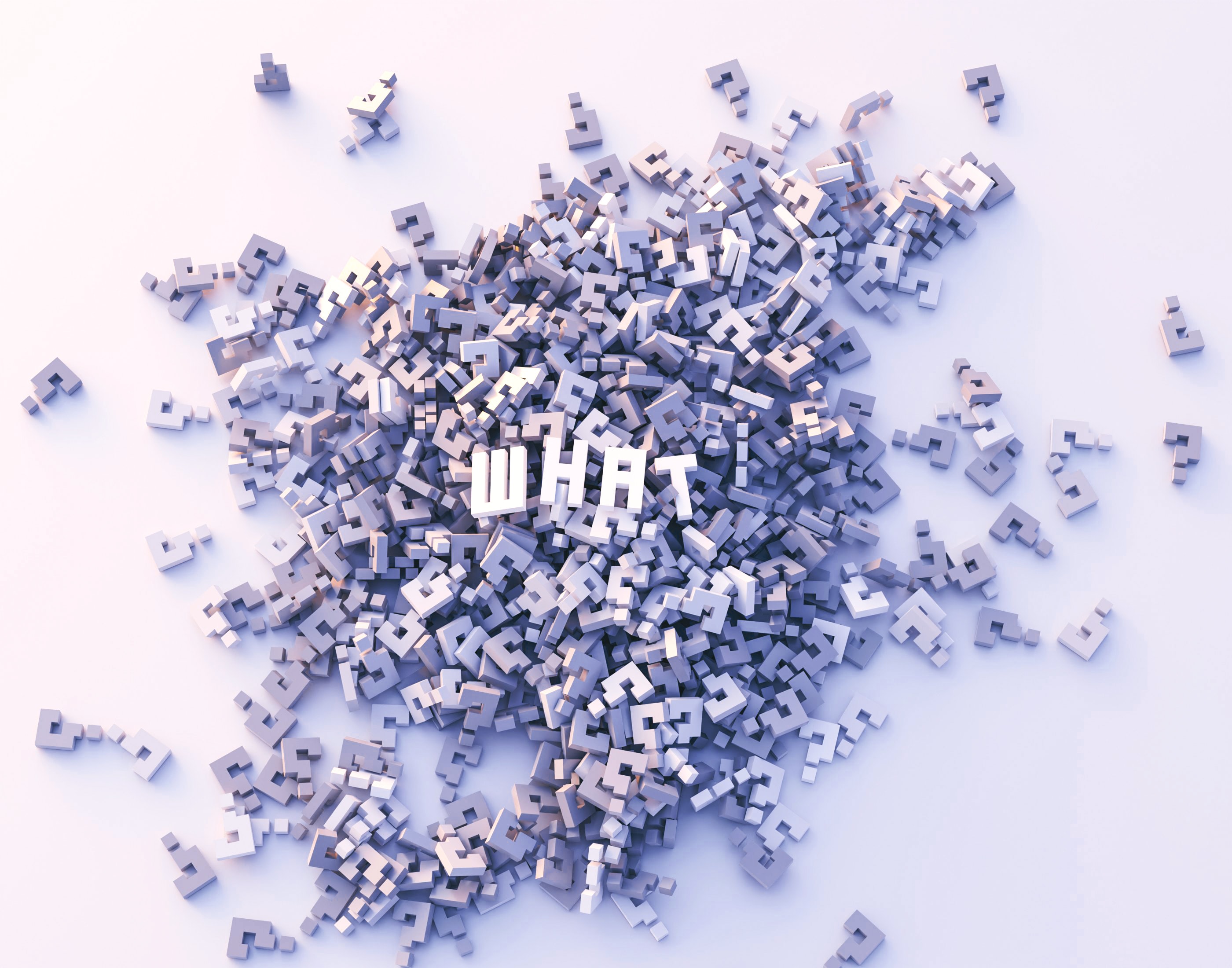Overthink
Thoughts on Avoiding Regret
Even though researcher Daniel H. Pink says it’s best to address and learn from our regrets, sometimes it’s best to prevent regrets if we have the power to.
Mar 06, 2023

In my last post, I wrote about “what-ifism”—a dwelling on moments of life that could’ve or should’ve been. The reality of my life right now is that my grandma is dying. Six months ago, they thought it was her heart. Two months ago, they realized it was cancer. Last week, they said she only has 11 weeks to live. And even though we’ve had a rough six months where she’s brought me a lot of hurt, I want to be there for her. My mom gets upset. She says that my grandma has shown me over and over she only wants me around when my cousin (her favorite) can’t be. My mom might be right. Yet, I know my grandma is going through so much, and the regret I’d feel, the depths of what-ifs that’d haunt me if the projection is true isn’t worth it.
Researcher and writer Daniel H. Pink found during his studies of regret that “regrets of inaction outnumber regrets of action 2:1,” explored in the NPR article, “How Examining Our Regrets Can Make for a More Meaningful Life.” Pink found that regrets can be clustered into four categories: foundation regrets, moral regrets, connection regrets, and boldness regrets. The most common well of regrets was the “connection regrets” that stems from people drifting apart but neither attempting to reconnect. Each of these regrets underscores what humans need the most, “The human need for growth is linked to boldness regrets, for example. With moral regrets, the need is goodness. With foundation regrets, it's stability. And with connection regrets, the human need is love.”
My dad’s death was a hard lesson about acting while I can. At 11:30 am, he called to ask me about dinner plans, and, at 12:30 pm, just a short hour later—enough time to watch the new episode of The Last of Us, read a few chapters of a good book, buy some food to make lunch like I was doing at the time he called—he was gone. It shouldn’t have taken a momentous moment like his death to appreciate his presence, to realize that even the gods in our life are mortal, but I was young, and that’s exactly what it took to alter me deeply.
My grandma is the last of my dad’s family I’m close to. One of the only people in my life who will casually share stories about my dad I’ve yet to hear. Even nearly 14 years after his death, he’s still coming to life in new ways. My grandma is one of the toughest people I know. She lived on a four-acre mountain plot off a dirt road miles from town alone for over 20 years. She’s one of the craftiest people I know. When I was last there, she had me search through her craft boxes for a tea pot cozy she’s been working on so she can sit bundled under a thick blanket scattered with sunflowers, trying to forget the haunt of death, stitching flowers into the green felt—the stalks already done and awaiting the moment they can come to bloom.
Pink suggests that instead of living life with no regrets that we should instead use our regrets to live a fuller life by reframing how we view regrets by looking inward, sharing how we feel to release our emotions by looking outward, and create distance between you and the regret to learn from it and move forward. Though what Pink says makes irrefutable sense in theory, depending on the regret, this practice is easier said than done. The ache of knowing something could’ve been done is enough fuel for years’ worth of nightmares.
Seeing my grandma like this is hard. Watching her navigate the unknown while simultaneously stifling the fear I know she’s feeling is even harder. Despite the hurt I’ve felt and may feel, it doesn’t hurt as much as knowing my grandma won’t just be a phone call or hour away. I know I can’t live with the weight. I know I don’t want to live with that weight. Even if I get hurt, I’ll keep calling her every few days, keep trying to visit, keep ordering food when she needs it or some upbeat romance. It’s important for me to do what I can while I can. Because, one day, I won’t be able to.

